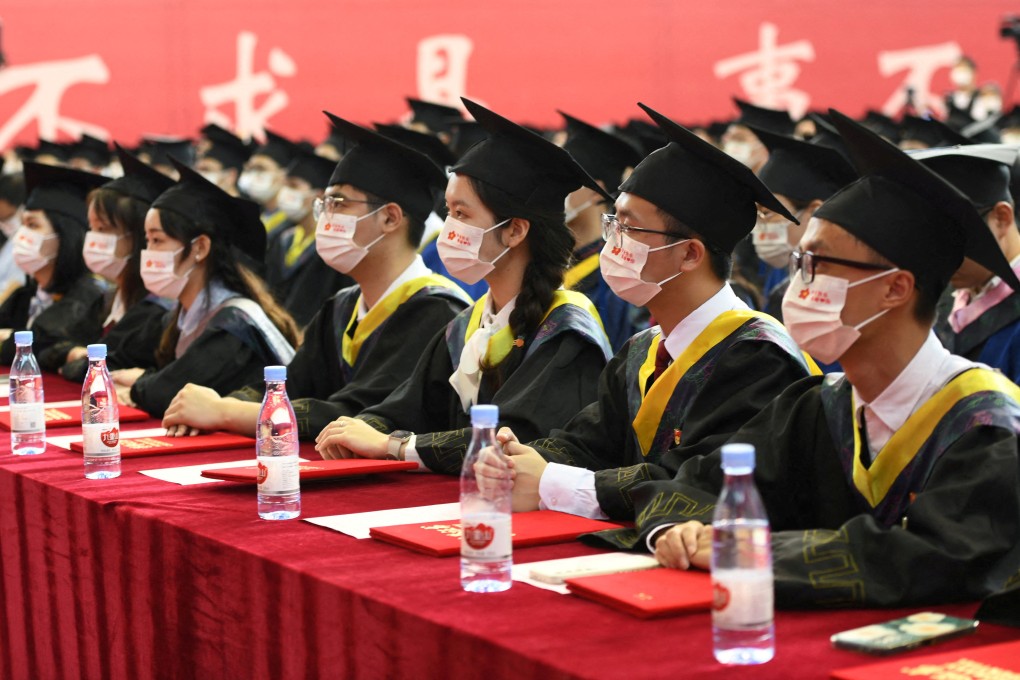Advertisement
China jobs: ‘arduous’ task to stabilise employment and boost economy, Premier Li Keqiang says
- Premier Li Keqiang urged action to curb rising joblessness to aid the struggling economy with China’s headline urban unemployment rate 5.9 per cent last month
- A new report also showed that the employment pressure on young migrant workers and university graduates in China is now more pronounced
Reading Time:3 minutes
Why you can trust SCMP
8

Stabilising employment in China has become an “arduous” task, according to Premier Li Keqiang, who urged action to curb rising joblessness to aid the struggling economy.
Li already admitted last month that China may miss its “around 5.5 per cent” growth target, stressing that a realistic goal for the second quarter was to get the economy back on a growth trajectory.
“The economy has made progress in recovery, but the fundamentals for recovery are not yet sufficiently solid and the tasks to stabilise employment remain arduous,” said Li, state media reported on Tuesday.
Advertisement
Li made the comments on Monday while hosting a seminar to discuss how to solve the employment problems and promote economic development having earlier visited both the Ministry of Civil Affairs and the Ministry of Human Resources and Social Security.
China’s headline urban unemployment rate rose to 6.1 per cent in April, the highest level since March 2020, before easing slightly to 5.9 per cent last month against Beijing’s target of keeping unemployment under 5.5 per cent this year.
Advertisement
Advertisement
Select Voice
Choose your listening speed
Get through articles 2x faster
1.25x
250 WPM
Slow
Average
Fast
1.25x